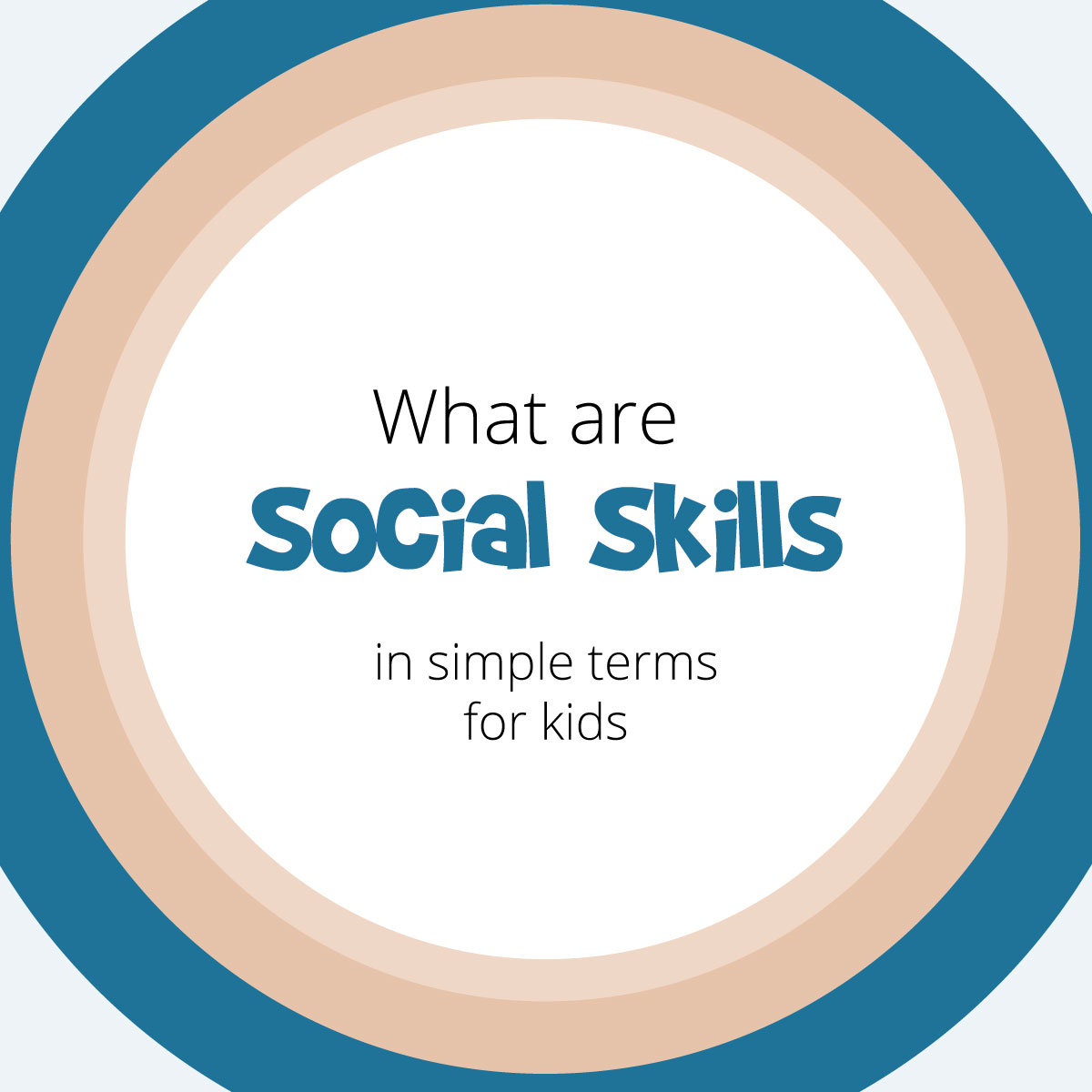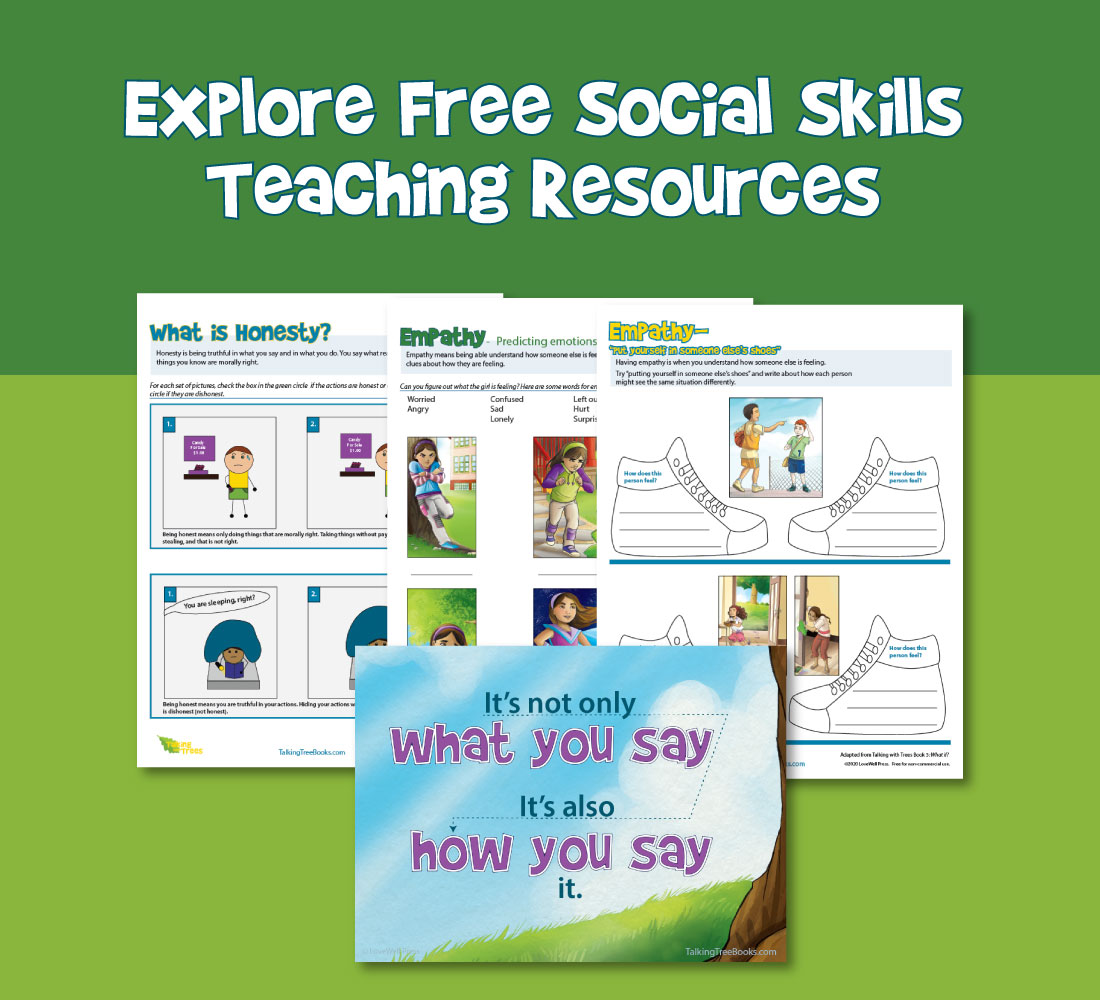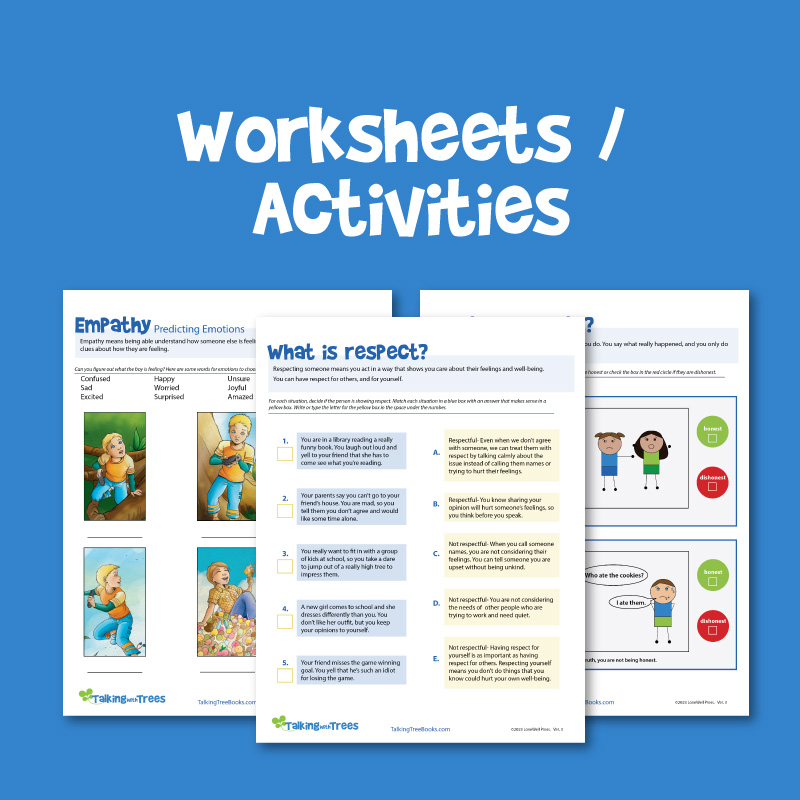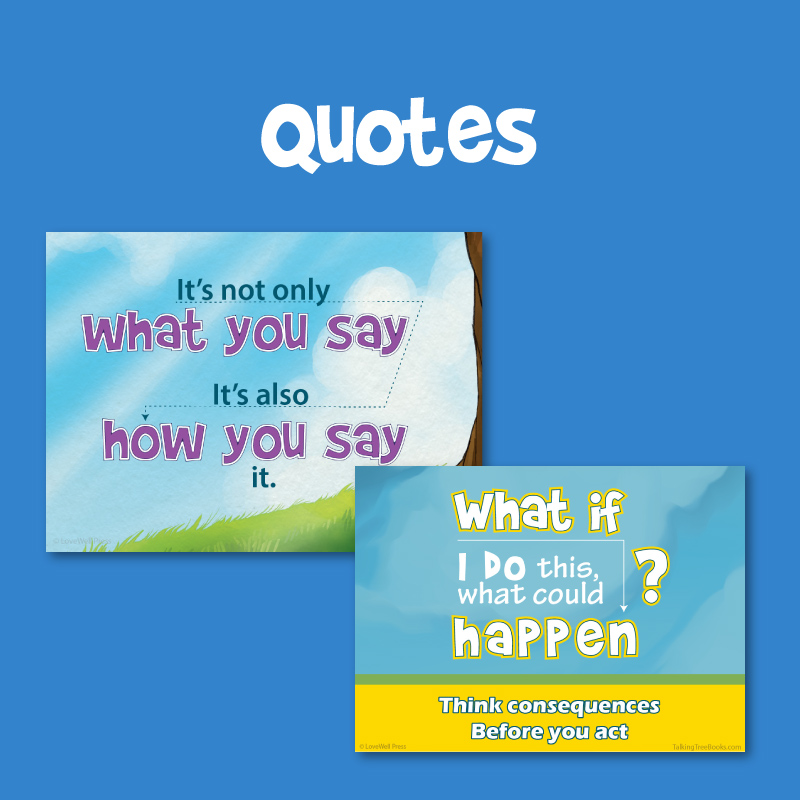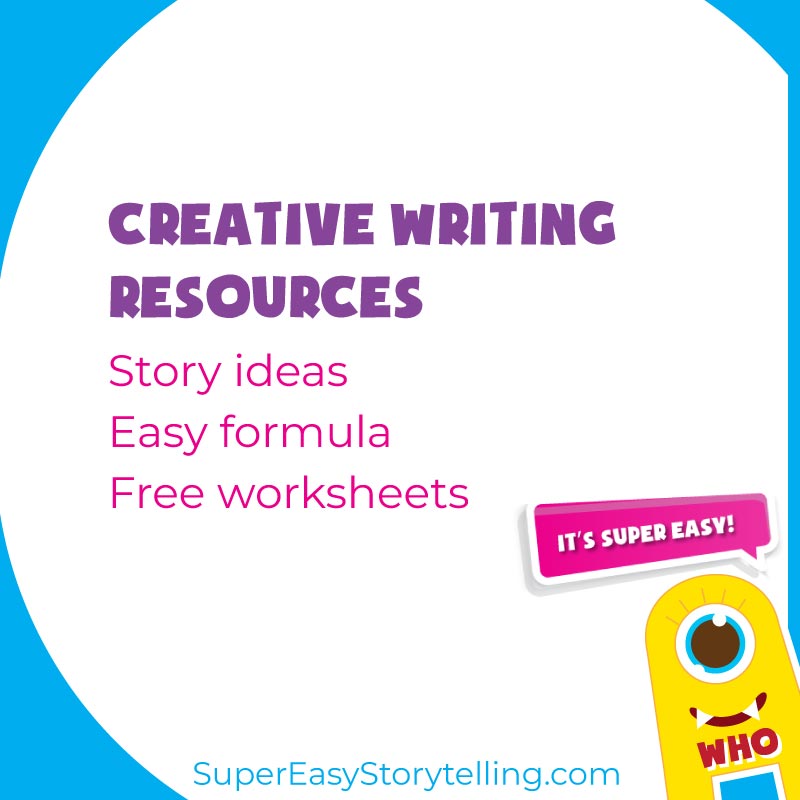What are social skills?
A definition of social skills in simple words for children
Social skills are the ways people talk, play, and work together that help us get along with each other.
You might be surprised to hear that there are lots of different social skills you use everyday, often without even thinking about them.
Whenever we work or play, we put together words, tone, body position, facial expressions, and actions to let each other know what we want or how we are feeling. Social skills are the ways we put those words, body clues, and actions together. When we all use good social skills, it helps us work and play together in a more peaceful, considerate way.
When you smile to show you are welcoming, when you filter your words or hold back nasty comments, when you look at someone’s body position to figure out how they are feeling, when you pause yourself and wait for your turn… these are all ways of using social skills. Each time you stop and think about how what you are doing or saying will affect someone else, you are using social skills.
What are social skills?
Social skills are the ways people control their words and actions to get along better with others.
For more about social skills, scroll down:
- Examples of good and bad social skills
- Why are social skills important?
- How do kids learn social skills?
What are some examples of good social skills?
- Waiting your turn
- Asking before you take or use something that belongs to someone else
- Saying please and thank you
- Waiting in line
- Noticing how someone is feeling
- Not interrupting
- Leaving some personal space between you and someone else
- Showing kindness when someone is having a bad day
- Being excited with someone when they are having a good day
- Eating with polite manners
- Helping your friend clean up the toys you used
- Using words instead of hitting, pushing
- Telling the truth
- Respecting people’s differences
- Considering how your actions impact other people
What are examples of bad social skills?
- Someone grabs someone else's toy without asking
- Someone pushes others out of the way
- Someone interrupts others' conversations
- Someone has a tantrum when they don’t get their way
- Someone cuts in line
- Someone speaks too loudly in places that should be quiet
- Someone leaves a mess or throws trash on the ground
- Someone takes every treat and doesn't leave any for classmates
- Someone hurts other people's feelings on purpose
- Someone lies to get what they want
- Someone excludes or teases someone because they're different
- Someone doesn’t care how their actions impact the other people
Why are social skills important for kids?
Social skills are all the core skills you learn about getting along well with others. Social skills are really important for everybody so we can treat each other with courtesy, respect, honesty, and kindness.
To understand why social skills are important for kids, think about what life would be like without them. What if kids didn’t wait their turn? What if people grabbed things from each other's hands? What if people lied to get what they wanted? What if kids blurted whatever words popped into their heads? What would happen if you couldn’t tell if someone was happy or angry? Without social skills, people would often be really confused or even angry. Using social skills is how we try to live and work together with peace and kindness.
Social skills are also important for future success. Some experts argue that teaching children good social skills is as important as teaching math and reading because the skills are such an essential part of getting along in the world. The study of Emotional Intelligence or EQ is showing how important social skills are for adults at work and at home. EQ helps people to cooperate and get things done with each other and it helps people connect and have deeper relationships.
How do kids learn social skills?
Social skills are important for everybody, but we learn a lot about how to use social skills as kids. First, parents teach their children social skills about being polite, respectful, and kind through normal life. When they wait in line, don’t interrupt when someone is talking, smile or frown to show their children how they are feeling, parents are demonstrating good social skills. Parents also teach core lessons about saying please and thank you, telling the truth, using inside voices, and many more social skills that start from early life.
When children start playing with each other, they learn social skills from other children. Social skills around sharing, using kind words, reading how others are feeling, and taking turns are just a few examples of how children learn social skills through play.
At school, teachers continue to teach social skills so the class can get their work done in a nice environment. Classroom rules help children learn how to share resources, create projects together, work out differences, etc. in ways that are kind and respectful. Teachers also teach lessons about good traits that are important for social skills, like what is empathy, respect, and responsibility.
Each time your parents, friends, or teachers show you through words and actions how you can behave properly with others, you are learning social skills.
Colleen Doyle Bryant
Colleen Doyle Bryant is the author of five books and more than 50 learning resources about making good choices for the right reasons. Her Talking with Trees series for elementary students and Truth Be Told Quotes series for teens are used in curricula around the world. Rooted in Decency, Colleen’s most recent release, written for an adult audience, explores how the decline in common decency is affecting wellbeing, and how we can build more trust and cooperation. Learn more at ColleenDoyleBryant.com

